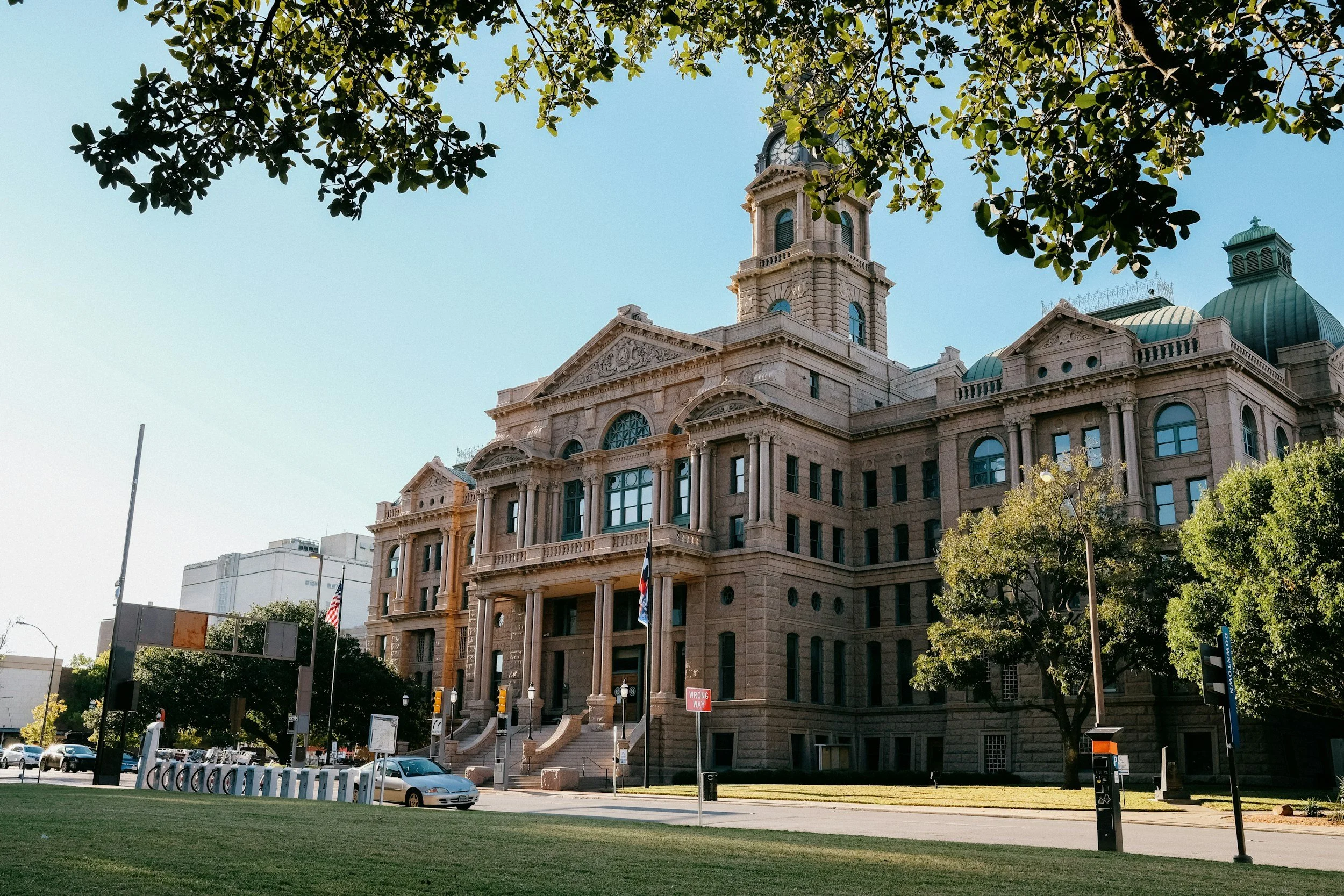Part II: What “Yes” Really Means: How Texas Is Rewriting Consent
From the DARCC Education Department, Maggie Bego, Director of Education
In our last post, we learned about Summer Willis, a Texas woman who turned heartbreak into change. If you missed it, click here to view the previous article to understand how a night out ended in injustice and launched a movement.
Now we turn our focus to what that movement accomplished. House Bill 3073, known as the Summer Willis Act, is now law in Texas. It takes effect on September 1, 2025, and it changes everything about how the state understands consent.
This post is your roadmap. What does the new law say? Why did we need it? What can you do with this information?
The gap in the law
Before this law passed, Texas had no clear definition of consent in sexual assault cases. Survivors who said “I didn’t agree to that” were often met with silence from the legal system. Prosecutors couldn’t always move forward.
Click2Houston shared Summer Willis’s story: She accepted a drink at a bar, was later found unconscious, and the case went nowhere. There was no clear way to argue that what happened to her was illegal. This wasn’t a one-time issue. It was a legal loophole many didn’t realize existed.
What the Summer Willis Act actually says
House Bill 3073 updates Texas law by defining what consent means during sexual encounters. Here’s what it includes:
Consent must be a clear, voluntary agreement communicated through words or actions.
Being silent or not resisting does not mean someone consented.
A person who is asleep, drugged, unconscious, or otherwise unable to understand what’s happening cannot give consent.
Prosecutors can now bring cases even if the survivor accepted a drink or knew the person beforehand.
This shift matches how most people already understand consent. Now, the law reflects that too.
Why it matters
This law isn’t about technical language. It is about real people. When someone shares that they were assaulted, the law now offers tools to seek justice, especially in cases involving alcohol, drugs, or coercion. In this article from The Dallas Observer , legal experts note that this puts Texas more in line with national standards. It also gives survivors a clearer path forward.
More voices are joining the conversation. Texas Monthly called this one of the most significant reforms in years. PBS NewsHour reported on the law’s unanimous support. NPR explored how it helps survivors who were told “there’s nothing we can do.” You can also explore coverage by the Dallas Morning News and ABC13 Houston, both of which highlight the bipartisan support behind the law.
So what happens now?
HB 3073 becomes official September 1, 2025. The real question is how it will be used. Will law enforcement know what to do with it? Will prosecutors apply it? Will survivors feel empowered to come forward? That’s where all of us come in. Use your voice. Share this law. Talk about consent with your communities. The more people understand what this law means, the more power it holds.
Resources:
Texas Marathon Runner Inspires Stronger Legal Protections for Rape Survivors
Texas sexual assault survivor’s fight leads to new consent law set to take effect in September 2025
'Summer Willis Act' passes Texas House, needs Senate vote
Texas closed a loophole that made it almost impossible for some sexual assault survivors to seek justice
Texas lawmakers update sexual assault laws, allowing more survivors to pursue justice


